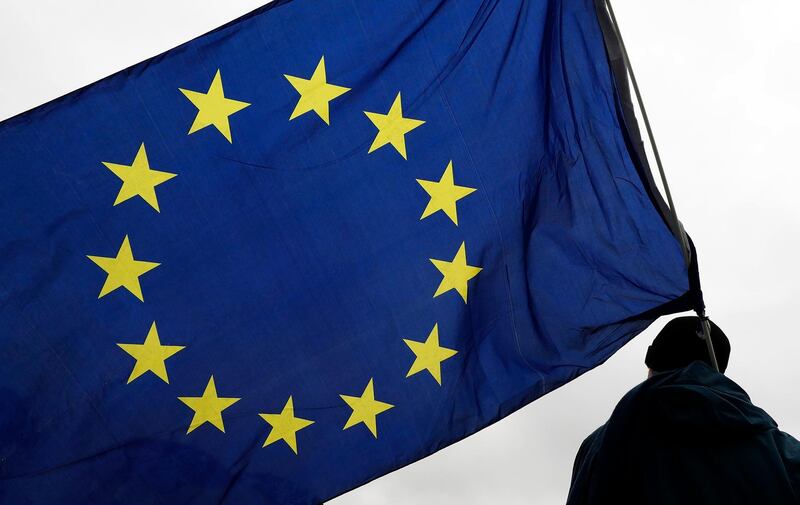Earlier this year an ambassador from an EU country asked me if I invested in the EU. I informed him that I didn’t.
When he asked me why, I pointed out that the EU had treated two of their members, Greece and Britain, abhorrently, and had tried to punish both countries in ways that made no sense to me. I explained that if the EU could treat its own members in such a way then how could I trust the EU not to treat me similarly?
It seems like my analysis was prescient as last week the EU included the UAE in a so called blacklist of tax havens. As an investor and a businessman, let me explain how the EU mishandled this and what the impact might be.
In terms of handling the situation the EU was reported as only saying that the UAE was not participating in some information agreements. Interestingly, the EU never mentions whether the UAE is a signatory to these agreements. So it is not clear if the UAE is violating something it agreed to or if the EU is trying to unilaterally enforce rules on the UAE. This needs to be cleared up. It is ironic, if not hypocritical, for the EU to publicly accuse the UAE of opacity but for the EU not to similarly provide transparency to these public accusations. Publicly announcing that the UAE is on a so called blacklist and then sending a private letter to the UAE Government is, quite simply, unethical. It either all stays private or it all becomes public.
What I would like even more transparency about is how can corporations or people set up shell companies when the federal company’s law requires majority shareholding by UAE nationals? If the EU is talking about the free zones where their nationals can own 100 per cent of a company, then why is the EU including all of the UAE? By definition the free zones are independent of parts of the federal law, eg banks in the DIFC are not supervised by the UAE Central Bank.
_____________
Read more:
UAE says its surprised and disappointed by inclusion in EU tax haven blacklist
Dubai wealth managers dismiss UAE inclusion in EU tax haven blacklist
_____________
In this is the case the relevant free zones should be listed, not the whole of the UAE. If the EU is in fact targeting the free zones but blaming the UAE then the EU is participating in collective punishment.
Now let's move on to what it means. The EU wants the UAE, or parts of it, to act as an information and collection agent for the EU. Such bilateral agreements usually involve tax raising jurisdictions and so there is mutual benefit for each jurisdiction to work on behalf of the other. The UAE does not have income taxes and so if it enters into a tax gathering and exchange agreement with the EU then the EU benefits but the UAE is simply out of pocket. Did the EU consider this? How did the EU propose to compensate the UAE for this work? Did the EU offer a percentage of the taxes raised? Another logical solution is for the UAE to simply tax EU residents similar to the EU tax levels. This would ensure tax income to the UAE for gathering and exchanging tax information.
We finally come to EU sanctions and the effect on the economy and we once again see the EU’s inability to understand economic consequences. What sanctions can the EU impose?
Unlike America, which has a reserve currency, the euro is anything but a reserve currency. There are four other areas all having to do with import/export. I will look at it from the export side. The UAE has four major exports: oil; financial investments; government spending; and consumer spending. Oil can be sold anywhere, so that is useless as a sanction. What about financial investments? As an investor myself, I would argue that investments to the EU are driven more by EU demand than by UAE supply. There is America, China, Russia, India and many more destinations. In terms of government spending I question what is there that is sold by the EU that is not easily replaceable? Mirage jets and Leclerc tanks? Well there are F-16 fighters and M1 Abrams tanks. Airbus? How about Boeing? The same goes for consumer spending. I’ll admit that well engineered high-performance cars and fashion might be harder to replace but I’m sure the UAE will survive.
If the EU was sensible they would offer a mutually beneficial proposal rather than a purely selfish one. The EU is posturing. If there was an actual reason to accuse the UAE of wrongdoing then they would ask the UAE to divest from the EU and cut all further trade.
I dare them to.
Sabah al-Binali is an active investor and entrepreneurial leader with a track record of growing companies in the Mena region You can read more of his thoughts at https://al-binali.com/






